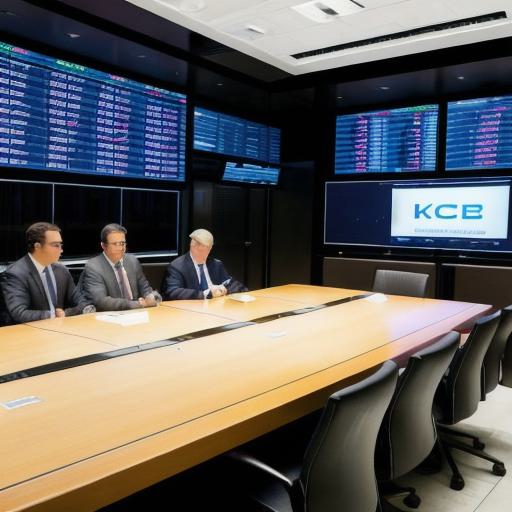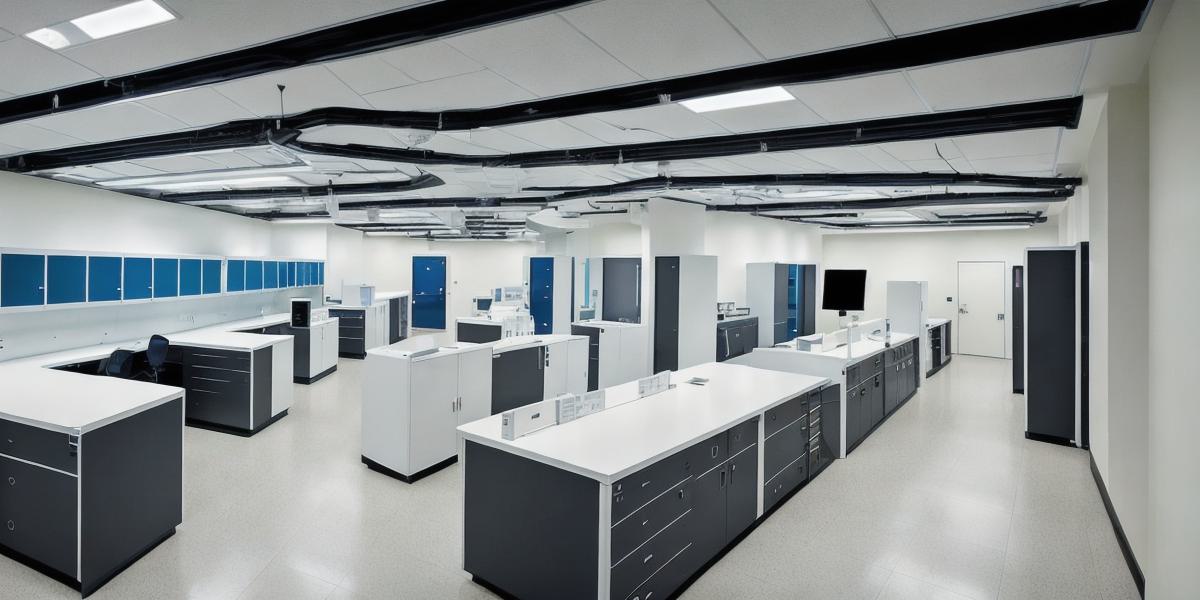**Exploring Data Rooms in Healthcare:**
In today’s digital age, data security and management have become essential aspects for various industries, including healthcare. Let’s delve into some real-life data room examples that showcase how this concept is revolutionizing the healthcare sector.

* **Pharmaceutical Companies:**
A prominent example comes from pharmaceutical giants like Pfizer or Merck. These companies use data rooms to securely store and share sensitive information during mergers and acquisitions, clinical trials, or regulatory investigations. By employing a controlled access system, they ensure the privacy and confidentiality of their valuable data.
* **Hospitals:** Hospitals also leverage data rooms for managing electronic health records (EHRs) and other critical patient information. They provide a secure platform for sharing data among healthcare providers and researchers, improving collaboration and patient care.
* **Biotech Startups:**
Biotech startups can benefit significantly from data rooms as they often deal with sensitive research data. By implementing a data room solution, these companies can protect their intellectual property and collaborate more effectively with potential investors and partners.
Query 2: What are some data room examples in the financial services industry?
**Data Rooms in Action – Financial Services:**
The financial services industry has been an early adopter of data rooms, recognizing their importance for managing confidential information during mergers and acquisitions, due diligence processes, or regulatory investigations. Let’s explore some real-life data room examples from this sector.
* **Investment Banks:** Investment banks like Goldman Sachs and JPMorgan Chase use data rooms to securely share sensitive client information with potential buyers during M&A transactions. The controlled access system ensures that only authorized parties have access to the data, maintaining confidentiality and security.
* **Law Firms:** Law firms frequently work with their clients’ confidential financial documents when representing them in mergers or litigation cases. By utilizing data rooms, they can ensure secure and efficient sharing of this information among various stakeholders involved in the process.
* **Private Equity Firms:** Private equity firms often deal with large volumes of financial data during due diligence processes for potential investments. Data rooms enable these firms to manage and share this information securely and efficiently, allowing them to make informed investment decisions more quickly.
Query 3: What are some data room examples in the technology industry?
**Data Rooms Transforming the Technology Industry:**
The technology sector has seen a significant increase in the use of data rooms as companies deal with an ever-growing amount of sensitive information. Let’s explore some real-life data room examples from this dynamic industry.

* **Software Companies:** Software companies like Microsoft or Adobe frequently engage in mergers and acquisitions, requiring them to share large volumes of confidential information securely. Data rooms provide a controlled environment for sharing this information with potential partners or buyers, maintaining confidentiality and ensuring a smooth transaction process.
* **Telecommunications Companies:**
Telecom giants like Verizon or AT&T deal with sensitive customer data daily. By implementing data room solutions, these companies can ensure secure collaboration between internal teams, external partners, and regulatory bodies during various projects, such as network expansions or mergers.
* **Startups and Scale-ups:**
Data rooms are also invaluable for startups and scale-ups in the technology industry. They enable these companies to protect their intellectual property and collaborate effectively with investors and partners, facilitating growth and innovation.
In conclusion, data rooms have become indispensable tools across various industries, including healthcare, financial services, and technology. By providing a secure platform for managing and sharing sensitive information, they help organizations streamline their processes, maintain confidentiality, and collaborate more effectively. Whether it’s a pharmaceutical company safeguarding its research data or a software startup protecting its intellectual property, data rooms play a vital role in driving innovation and growth.
